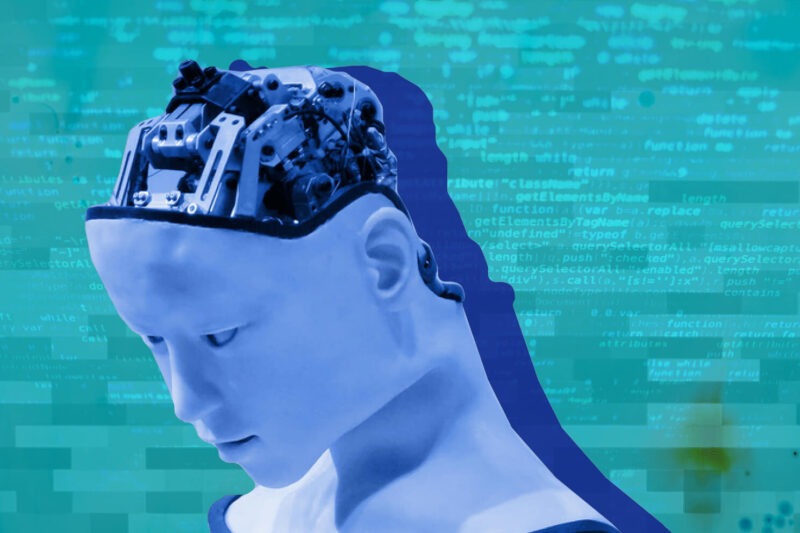Artificial intelligence (AI) has evolved from a fringe field of study into a transformative technology reshaping many facets of our lives. While most people recognize AI’s influence in areas like voice recognition and self-driving cars, its capabilities extend far beyond these common applications.
This article uncovers some of the lesser-known, yet equally fascinating achievements of AI, providing insights into the depth and breadth of its potential.
AI in Creative Arts
Traditionally, creativity was considered an exclusively human trait. However, AI is challenging this notion by demonstrating its potential in the arts. From composing music to generating novel artwork, AI algorithms are now capable of producing creative works that rival human-made pieces.
These systems analyze vast datasets of existing art to understand styles and techniques, and then apply these learnings to generate new creations. This intersection of technology and art raises compelling questions about the nature of creativity and originality.
Revolutionizing Healthcare
AI’s impact on healthcare is profound. Machine learning algorithms are adept at analyzing complex medical data, leading to faster and more accurate diagnoses. For example, AI systems can examine medical imaging like X-rays or MRIs with remarkable precision, often detecting issues that the human eye might miss. Beyond diagnostics, AI is also used in drug discovery, predicting patient outcomes, and personalizing treatment plans, making healthcare more efficient and effective.
Transforming Agriculture
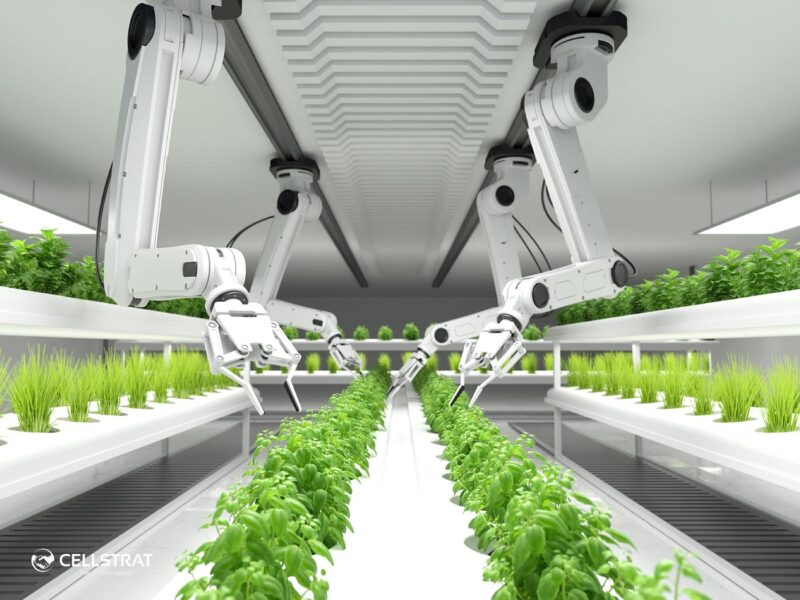
AI’s application in agriculture might be less visible but is critically important. With the growing global population and climate change challenges, AI is being used to optimize farming practices. This includes analyzing soil conditions, weather data, and crop health through drones and satellite imagery. AI helps in predicting crop yields, detecting pests, and providing insights for efficient resource use, thereby increasing crop production while minimizing environmental impact.
Evolving the Adult Industry
AI’s influence in the adult industry is a topic often shrouded in controversy but undeniably significant. By leveraging machine learning and sophisticated algorithms, AI has brought about personalized experiences in adult content.
It can tailor suggestions based on individual preferences, enhancing user experience. More importantly, AI is instrumental in enforcing age restrictions and content moderation, using advanced recognition technologies to detect and filter out inappropriate content, thereby promoting safer and more responsible use of adult media. Visit undressai.com and learn how an AI can spice up your imagination.
Enhancing Financial Services
In the financial sector, AI is a game-changer. High-frequency trading algorithms, which can analyze and execute trades at speeds and volumes impossible for humans, have transformed stock markets. Additionally, AI is used in fraud detection, risk assessment, and personalized financial advice. By sifting through massive data sets, AI can identify patterns indicative of fraudulent activities, helping to safeguard financial assets.
Advancing Language Processing
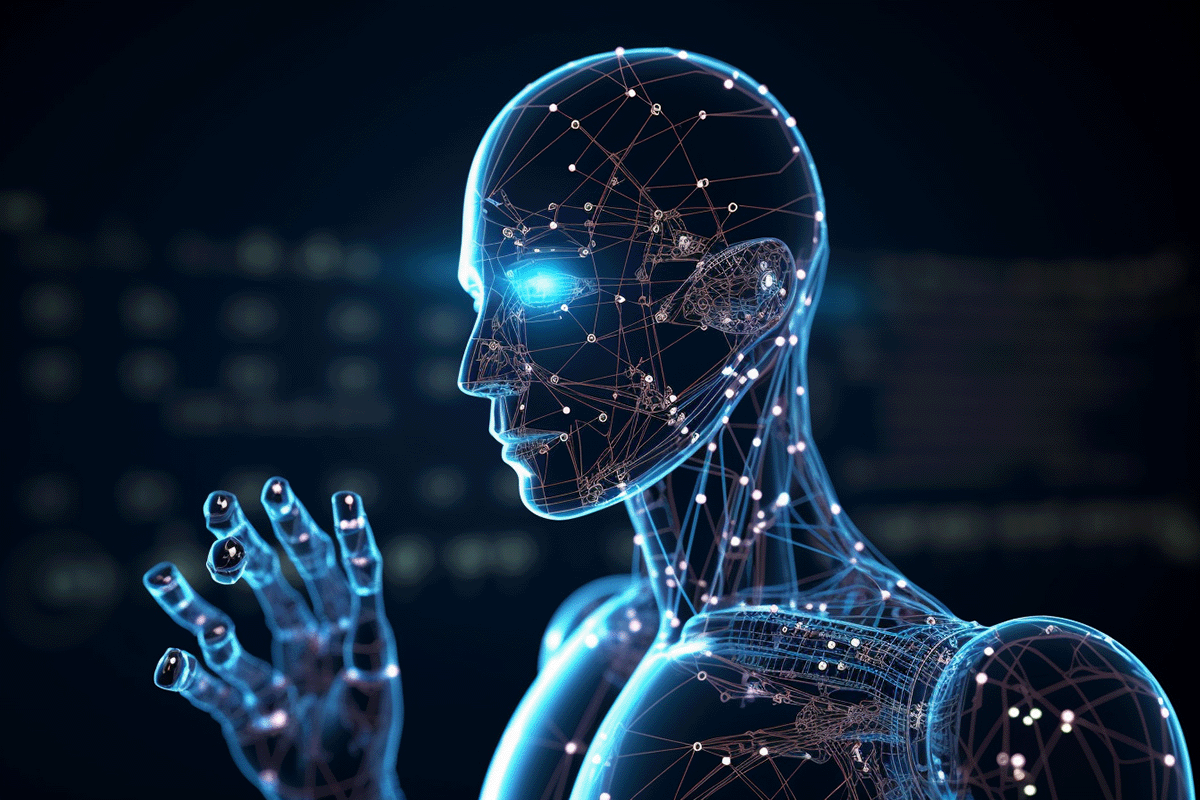
AI’s capabilities in processing and understanding human language have seen remarkable growth. Beyond simple translation services, AI now powers sophisticated chatbots and virtual assistants capable of understanding context, managing nuanced conversations, and providing relevant responses. This advancement is not just about convenience but also about breaking down language barriers, enabling clearer communication, and fostering global connectivity.
Predictive Analytics in Everyday Life
Perhaps one of AI’s most pervasive but unnoticed applications is in predictive analytics. From predicting what shows you might like on Netflix to forecasting weather patterns, AI’s predictive capabilities are deeply integrated into everyday life. These systems analyze historical data and current trends to make predictions about future events, improving decision-making in business, entertainment, and personal choices.
Revolutionizing Urban Planning
In the realm of urban planning and smart city development, AI plays a crucial role. By analyzing data from various sources like traffic patterns, public transportation usage, and utility consumption, AI helps in designing more efficient and sustainable urban spaces.
This technology is vital for optimizing traffic flow, reducing energy consumption, and even predicting maintenance needs for urban infrastructure. The implementation of AI in urban planning signifies a move towards more livable, adaptive, and efficient cities.
Enhancing Disaster Response and Management
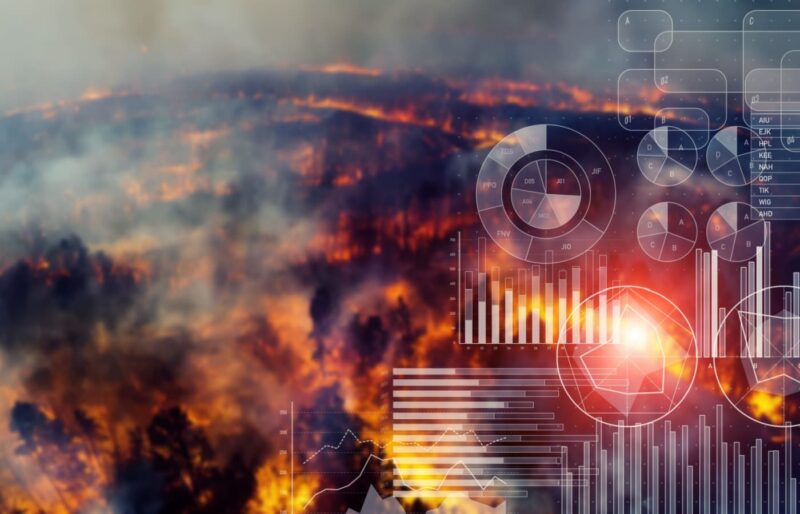
AI’s capabilities extend to managing and responding to natural disasters. By analyzing satellite imagery and meteorological data, AI systems can predict natural disasters like earthquakes, hurricanes, or floods with increasing accuracy.
This predictive power enables better preparation and timely evacuation, saving lives and reducing damage. Post-disaster, AI aids in coordinating rescue efforts and assessing damage, ensuring more efficient and effective response strategies.
Transforming Education Systems
In education, AI’s impact is multi-faceted. From personalized learning experiences to automated grading systems, AI is making education more accessible and tailored. AI algorithms can identify individual students’ learning patterns and provide customized content that matches their learning pace and style.
This personalized approach has the potential to revolutionize the educational landscape, making learning more engaging and effective for students of all ages and backgrounds.
Optimizing Energy Use
In the energy sector, AI’s contributions are geared towards efficiency and sustainability. AI systems are employed to optimize power grid operations, manage renewable energy sources, and predict energy demand patterns.
This optimization leads to reduced energy waste and a smoother transition to renewable energy sources. AI’s role in energy management is critical in the context of growing environmental concerns and the push for sustainable development.
Pioneering Space Exploration
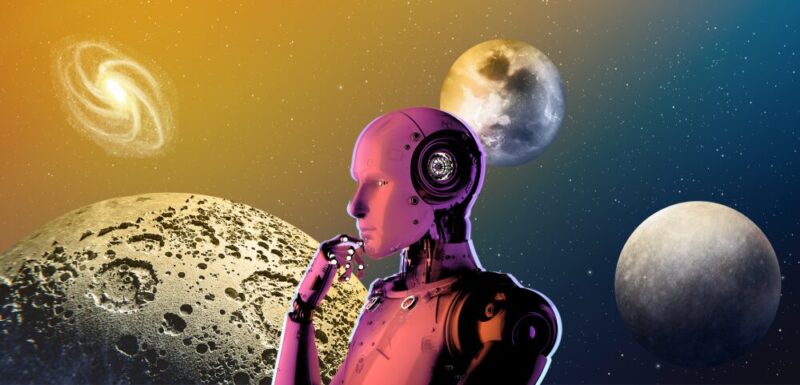
Lastly, in the field of space exploration, AI is a key player. From autonomous navigation of space rovers on Mars to analyzing data from distant galaxies, AI expands the boundaries of human exploration in space.
AI algorithms process vast amounts of space data, uncovering insights about the universe that would be impossible for humans to detect unaided. The use of AI in space exploration not only enhances our understanding of the cosmos but also paves the way for future missions and discoveries.
Summary
The breadth of AI’s achievements reflects its transformative power across various industries and aspects of human life. Its continued development promises even more groundbreaking advancements, reshaping our world in ways we are only beginning to imagine. As AI evolves, it challenges us to rethink our approach to technology, ethics, and the future of human-machine interaction.
Related Posts:
- Is Colorado School of Mines Football Good? - In…
- Minya Konka Trekking Guide 2024: 5 Tips for Your…
- Tips on How to Get Into GTA 5 with Confidence - From…
- Most Trending & Popular Android and iOS Apps in…
- Top 10 Things To See and Do in Egypt Before You Die…
- Does Denver Have a History Museum? - Mile High Time Travel

